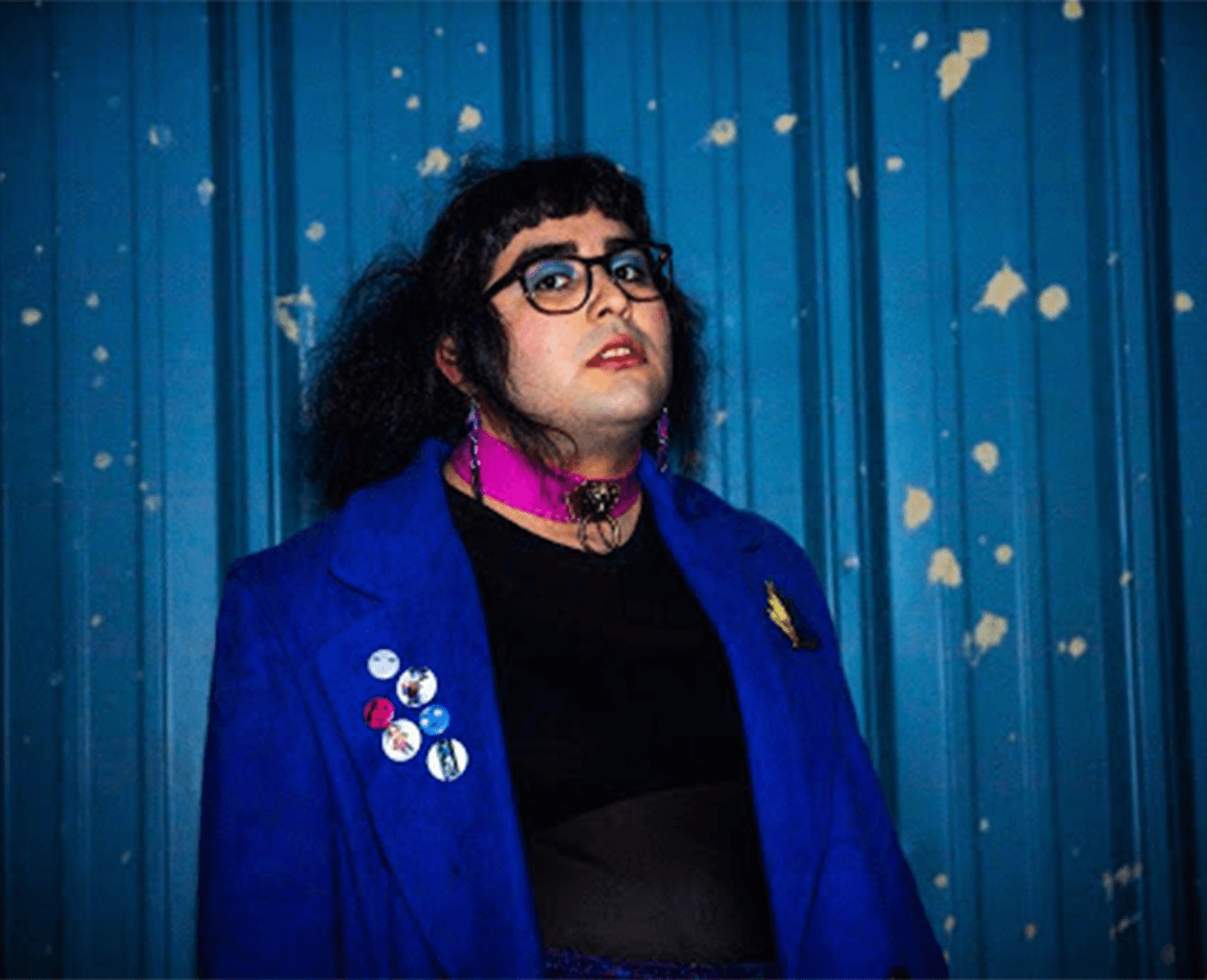Edmonton’s Simone A Medina Polo, AKA pseudo-antigone, released a 15-track hyperpop album on May 7, Into the Void of Infinite Sadness.
Hyperpop is a genre usually characterized by maximalist beats, exaggerated synths and pitched up auto-tuned vocals. The genre shares sounds with dance, EDM, hip-hop, and ska. Charli XCX and Rico Nasty are some artists who could be classified as hyperpop.
The genre is often associated with the 2SLGBTQIA+ community, as many of the main figureheads are transgender, like Laura Les from 100 gecs and late producer Sophie Xeon. Medina Polo is also a transgender woman.
“[Hyperpop] has accidentally become this community hub for queer and trans folks,” Medina Polo.
“I’m very enthusiastic about being in music that doesn’t [centre] cisness and straightness.”
The pandemic gave her a chance to move away from spaces dominated by cis-white-men, where they would sometimes gatekeep knowledge about gear, or deny access to important connections.
How to become an internet catgirl (Bitch, I’m Ethereal) (feat. cherri satin)
The idea for Medina Polo’s album was born in 2020, and it explores the themes that so many can relate to from the past year: loneliness and isolation.
At the same time, the production of the album and Medina Polo’s outlook on the local music industry is rooted in community and collaboration.
“[The album] will go in very different directions because [the pandemic] has been a very multifaceted experience,” she said.
For hyperpop artists, collaboration seems to be an integral part of the process.
100 gecs is a hyperpop band that rocketed in popularity in 2020 and The Independent describes the duo as “the new overlords of the genre”. They produce their tracks by sending Logic Pro files back and forth across the U.S., and Medina Polo has formed similar relationships with other trans women in music through social media.
They send tracks to each other for input, and it begs the question of whether these partnerships would have been made without the pandemic forcing musicians to pivot.
“I think the pandemic made it so a lot of artists had to turn more to themselves to do the kind of work they want to do,” said Medina Polo.
“We can’t have band practice, so I’m gonna have my own band in GarageBand.”
The pandemic also gave Medina Polo a chance to commit more fully to music when she became unemployed.
“I realized … might as well embrace this rare opportunity to just exist under capitalism, to just do a thing.”
The producer is now looking to lend her production skills to other artists in the city, especially BIPOC and 2SLGBTQ+ artists.
Keep up with Medina Polo’s music on SoundCloud.





